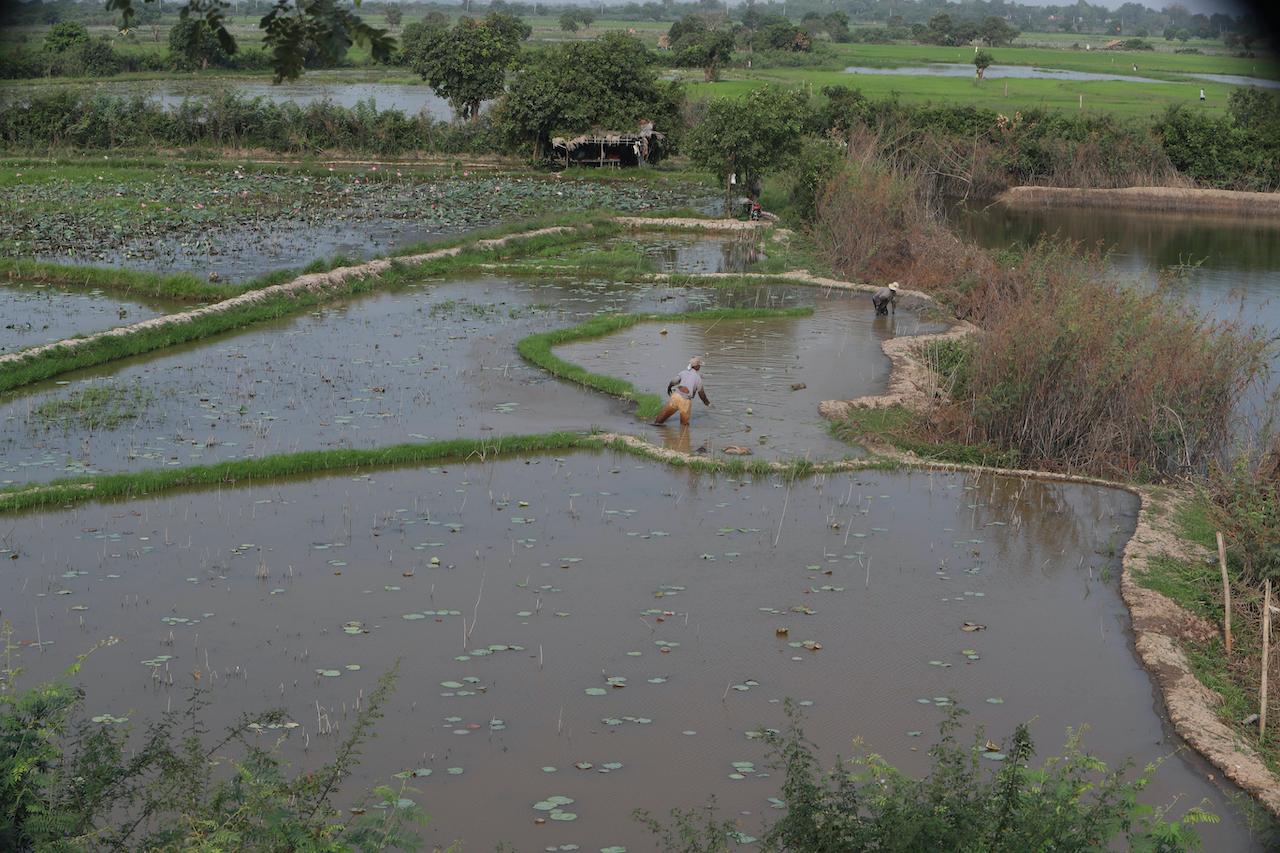Cambodian villagers killed by toxic rice wine at funeral
Most villages in Cambodia have two or three ramshackle stills operating with no legal controls, inspections or quality controls.
Just In
In rural Cambodia, dozens of people have died in recent months after drinking toxic home-brewed alcohol.
In the village of Thnong in Kampot province, a bad batch consumed at a funeral left tragedy in its wake when eight people died and more than 50 others were hospitalised.
The mass poisoning was one of three cases in Cambodia in less than a month, resulting in at least 30 deaths.
Thirteen people died in Pursat province at the start of June, and at least 12 people lost their lives in Kandal in May.
Tests on the funeral batch showed that efforts to raise the drink’s potency had resulted in deadly levels of methanol.
Methanol is the simplest form of alcohol. It is used for various industrial purposes but is toxic to humans. However, since it is cheaper to produce than ethanol – the only type of alcohol which is safe to drink – it is often added to increase the strength of alcoholic drinks for profit reasons, especially in low-income countries like Cambodia.
“The situation has been pretty constant, with home distillers operating ramshackle stills inside their houses or shops, and selling this home-produced rice whiskey to their neighbours for wedding parties and other celebrations,” said Jonathan Padwe, an anthropologist and Cambodia expert.
Most villages in Cambodia have two or three of these stills, and there are no legal controls, inspections or quality controls, he told the BBC.
Since the recent spate of deaths, Cambodian authorities have been attempting to show they are taking the problem seriously.
In Pursat, officials have temporarily banned the production and sale of rice and herbal wines, and at least 15 rice wine brewers and sellers have been arrested, Cambodian police say.
But Dr Knut Erik Hovda, a global expert in methanol poisoning, told the BBC that education on the dangers of bootleg booze was more important than going after the sellers.
“Of course, if I was the Cambodian government I wouldn’t let the people keep selling that toxic alcohol,” Hovda said. “But I would focus on educating people and healthcare providers on how to handle methanol poisoning. It has been happening for at least 150 years, and it’s going to keep on happening.”
Shutting down bootleg brewers only results in new brewers opening up for business, he said.
The health ministry has reportedly made some headway in implementing programmes to better identify and prevent methanol poisoning, but progress has been hampered by the Covid-19 pandemic. The ministry declined to comment.
In Thnong village, the atmosphere has not been the same since the day of the fatal funeral.
Police came and questioned a woman who had sold rice wine in the village for decades, after locals said they had bought some of the deadly brew from her. But she was not arrested.
The woman, who gave her name only as Kolap, and most other villagers believe the ghosts of those who passed away on that terrible day are still with them.
“I am scared of the ghosts because on that day there were many people who died and it frightens me,” she said. “They make noise in my house and I can’t sleep.”
Subscribe to our newsletter
To be updated with all the latest news and analyses daily.
